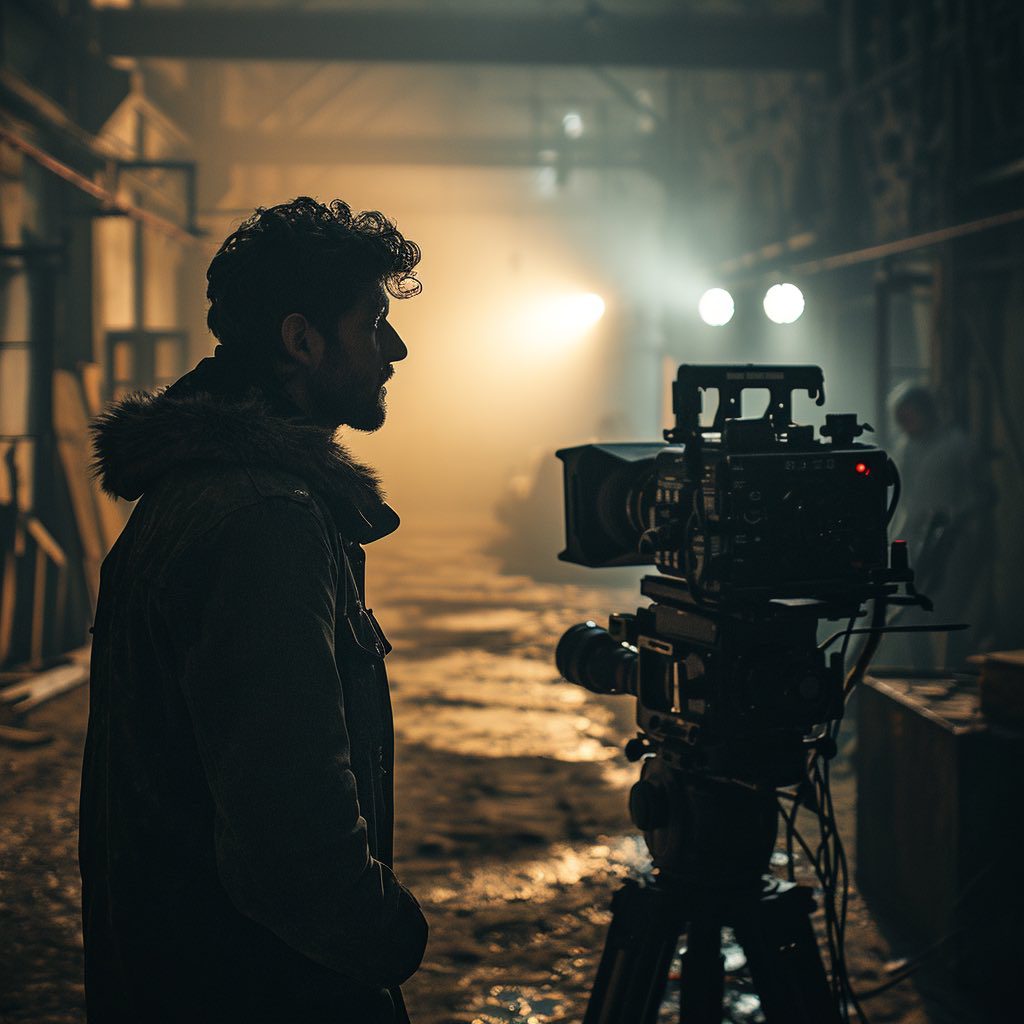The importance of planning
Video is powerful It’s no secret that video is one of the most powerful forms of communication and marketing today. SO let’s talk about the importance of planning a video...

Video is powerful
It’s no secret that video is one of the most powerful forms of communication and marketing today. SO let’s talk about the importance of planning a video project. What may be less well known, however, is that pre-production is one of the most important aspects of video production. By planning your video ahead of time, you’ll save time and money in the long run. Failing to plan can lead to a number of problems, including subpar video quality, missed deadlines, and unrealistic expectations. Client expectations are the worst to miss on.
Pre-production planning involves a number of steps, from developing your idea to crafting a script and storyboard. It also includes prepping your talent and location, as well as sourcing the right video production team for the job. By taking the time to plan ahead, you’ll ensure that your video is high quality and meets your expectations.
So if you’re thinking about creating a video, remember that pre-production planning is key to a successful final product. By investing the time upfront, you’ll be rewarded with a video that achieves your goals and communicates your message effectively. Given you have a good production company to create the project for you.
The importance of planning
1. What is pre-production and why is it important for video production?
Pre-production is the process of planning and organizing your video project before shooting begins. By taking the time to plan ahead, you’ll ensure that your video is high quality and meets your expectations. Some of the steps involved in pre-production planning include developing your idea, writing a script, and creating a storyboard. Pre-production is important because it allows you to plan and prepare for your video shoot. By taking the time to do things like scout locations and choose the right video production team, you’ll save time and money in the long run. pre-production can also help you avoid problems like missed deadlines and unrealistic expectations.
Here are some tips for creating a successful video:
- Develop your idea and know your audience
- Write a script and gather ideas
- Create a storyboard or other sample vidoes to show
- Scout locations and interview actors
- Choose the right video production team
2. The steps involved in pre-production planning
The steps involved in pre-production planning vary depending on the project. However, there are some common steps that are often involved, such as developing your idea, writing a script, and creating a storyboard. Developing your idea is the first step in pre-production planning. This involves coming up with a concept for your video and determining your target audience. Once you have a clear idea of what you want to achieve with your video, you can start writing a script. Your script doesn’t have to be more than text in a Word document. Think of it as an instruction manual for your video.

The next step is to gather ideas for your video. This can involve things like creating a storyboard or shooting a sample video. This step is important because it allows you to get a feel for the video you want to create. It also allows you to experiment with different ideas and see what works best.
Once you have a clear idea of what you want your video to look like, you can start prepping for the shoot. This involves things like scouting locations and interviewing actors. Choosing the right video production team is also an important step in pre-production planning. By taking the time to find a team that you trust, you’ll save yourself a lot of headaches down the road.
3. How pre-production can save you time and money in the long run
Pre-production can save you time and money in the long run by helping you avoid problems like missed deadlines and unrealistic expectations. By taking the time to plan your video ahead of time, you’ll ensure that your video is high quality and meets your goals. No one just turns on a camera and films incredible stuff. Think about pre-production as creating the video and being on set as the capturing the raw materials you will need to see your vision come to life.
If you don’t capture all the right video clips, you’re not going to end up with the video you wanted. The pre-production stage is when you determine what you need in order to create your video. This includes things like storyboards, scripts, and lists of equipment. By taking the time to plan ahead, you’ll save yourself a lot of time and money in the long run. If you don’t plan, you’re going to have a lot of expensive people and equipment waiting around while nothing happens. However, planning correctly, is like making all the right brush strokes.
It might take a little longer to plan, but the end result is worth it.
So, if you’re thinking about making a video, remember that pre-production planning is key to ensuring a successful final product. By taking the time to develop your idea, write a script, and create a storyboard, you’ll save yourself time and money in the long run. And, most importantly, you’ll end up with a high-quality video that meets your expectations.
***
Conclusion
Pre-production planning is essential for any video project. By taking the time to plan your video ahead of time, you’ll save yourself a lot of headaches and money in the long run. The steps involved in pre-production planning are: scriptwriting, storyboarding, casting, scheduling, and budgeting. Planning will help ensure that your final product is high quality and meets your expectations.
At House of Sticks we spend about 60% of our time on each project planning. 35% in post-production editing and finishing and only 5% on set filming. This is because if you don’t plan each step of your video production journey and map out what you want to achieve, the whole process will be a lot more costly and time-consuming.
If you’re thinking about making a video for your business or organisation, get in touch with us today – we’d love to chat about your project and see how we can help. Drop us a note.


